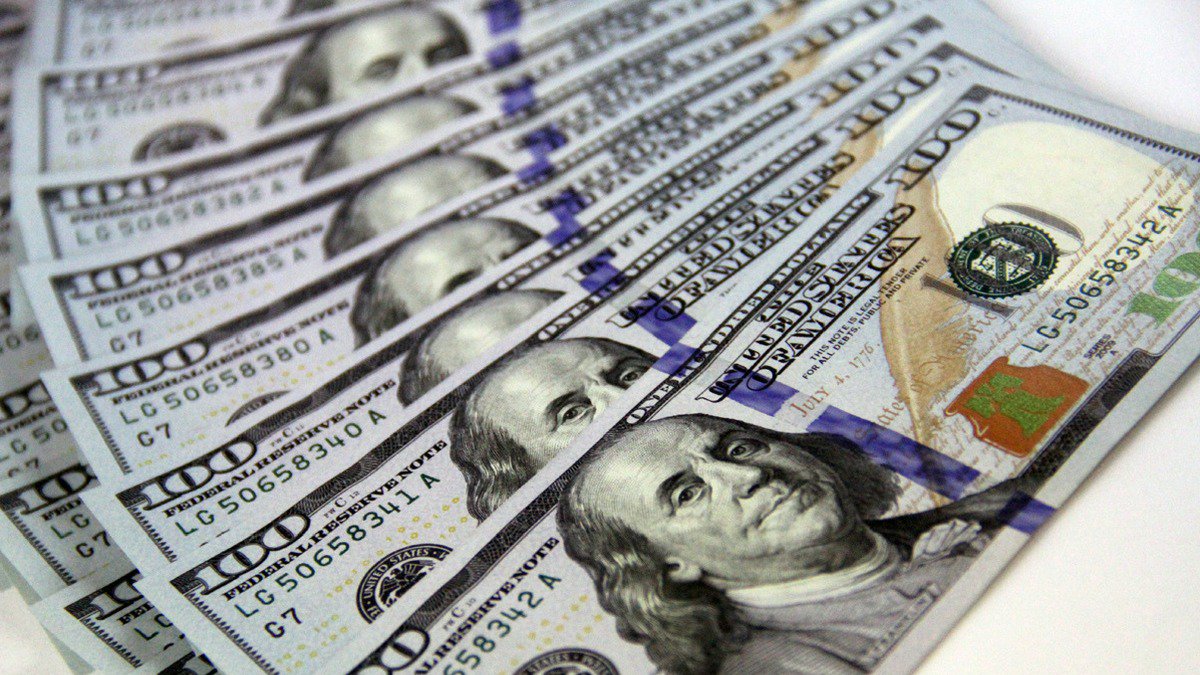
27 Aug Overview of Strategies for Fast Cash or Patient Wealth Building
You can invest in real estate with little to no money, or you can invest with lots of money (yours or perhaps a lender’s or partner’s money). You can conduct a quick flip where you never owned the property or owned it for as little as one hour, or you can hold the property for much longer either as a slower flip or as a rental. There are fast cash options and long-term wealth building opportunities.
Fast Cash Options
With little to no money to invest – which is where many people start – your options are essentially:
- Wholesaling. This is where you make a low offer that gets accepted, and then you assign the rights to your contract to typically a cash investor. The investor purchases the property and pays you an assignment fee. Usually the only money out of your pocket (other than gas for driving around and maybe some advertising) is for the earnest money deposit you make. That deposit could be as low as $1.00. Years ago I wholesaled a number of properties, making between $2,500 to $20,000 per deal.
- Buying the property with the cash investor’s money and then selling it to them. This is an “A to B to C” transaction, where “A” is the seller, “B” is you, and “C” is the cash investor who buys the property from you. This is similar to wholesaling except you actually buy the property. For example, many years ago I would make an offer and pay an earnest money deposit of $1,000. Then I would pitch the property to a cash investor, and if they said they wanted it, I would have them wire the money to me. I would buy the property with their money and sell it to them the same day. Years ago I conducted a number of these transactions, making between $8,000 and $28,000 per deal.
- Credit cards. If you have extensive credit, you could take cash advances to buy a cheap property. I’ve used credit cards to finance renovations before.
If you have lots of money to invest (and I know “lot’s” is a relative term!), you can obtain a purchase money mortgage, a home equity line of credit, or perhaps a portfolio loan from your bank. You could potentially use a hard money loan or a private money loan. Of course, if you have enough money, you can purchase the property in cash. With more money at your disposal, you have more options and could make more money in deals. You can fix, and flip, a house at your pace. I’ve lost money on some flips, broken even on some, and made anywhere from $2,500 to $98,000 on the profitable deals.
Slow Wealth Building Options
With little to no money to invest, here are some advanced creative investing techniques:
- Subject To. In this type of transaction, you take ownership of the property subject to the existing mortgage. In other words, you continue to pay the seller’s mortgage until you are able to refinance or pay it off later.
- Lease Purchase. In this type of deal, you don’t take ownership yet you take control of the property. You lease it from the landlord-seller, and you could rent it.
- Lease Purchase Wrap. Similar to the Lease Purchase, instead of just leasing the property to someone, you have them sign a Lease Purchase deal with you. So you have a Lease Purchase arrangement with the seller, and you serve as the seller to the tenant-buyer who uses the property. When they are ready to buy the property, you can buy it from the original seller.
- Installment Contract. In this type of deal, which has many similarities to a Lease Purchase, you make installment payments to the seller. When the payments are completed, the seller deeds the property to you.
- Owner Financing. This type of transaction can be fantastic for you and the seller. Why should a bank make tons of money in interest when the seller can earn interest that you’re willing to pay? The best owner financing deals are when the seller has no mortgage. It’s even possible to have a seller lend you money to renovate the place.
If you have lots of money to invest, you can obtain a traditional mortgage loan, a renovation loan, or just buy in cash. You would hold the property and lease it for as long as you want.
The greatest wealth lies in buying and holding for the long term. I’m a big proponent of keeping many properties (because in my younger days I flipped many houses yet should have kept some of them). There are lots of tax advantages for those who hold properties.
As always, consult with your lawyer, tax advisor, coach, and mentor when entering into transactions.
Tai DeSa is a graduate of The Wharton School of the University of Pennsylvania. He became a full-time real estate investor in 2004 after serving in the U.S. Navy. Tai has made colossal mistakes in investing (and learned some things along the way). He has owned over 200 properties with various investment partners, and he has been involved in over 200 more transactions as a real estate broker in both Pennsylvania and Tennessee. Tai and his wife Amira enjoy hunting for investment properties. Contact Tai if you need some consultation on real estate investing. Tai may be available for coaching and speaking engagements on a variety of real estate topics. Send an email to tai@investandtransform.com. Tai is passionate about helping investors make money and avoid mistakes.






No Comments